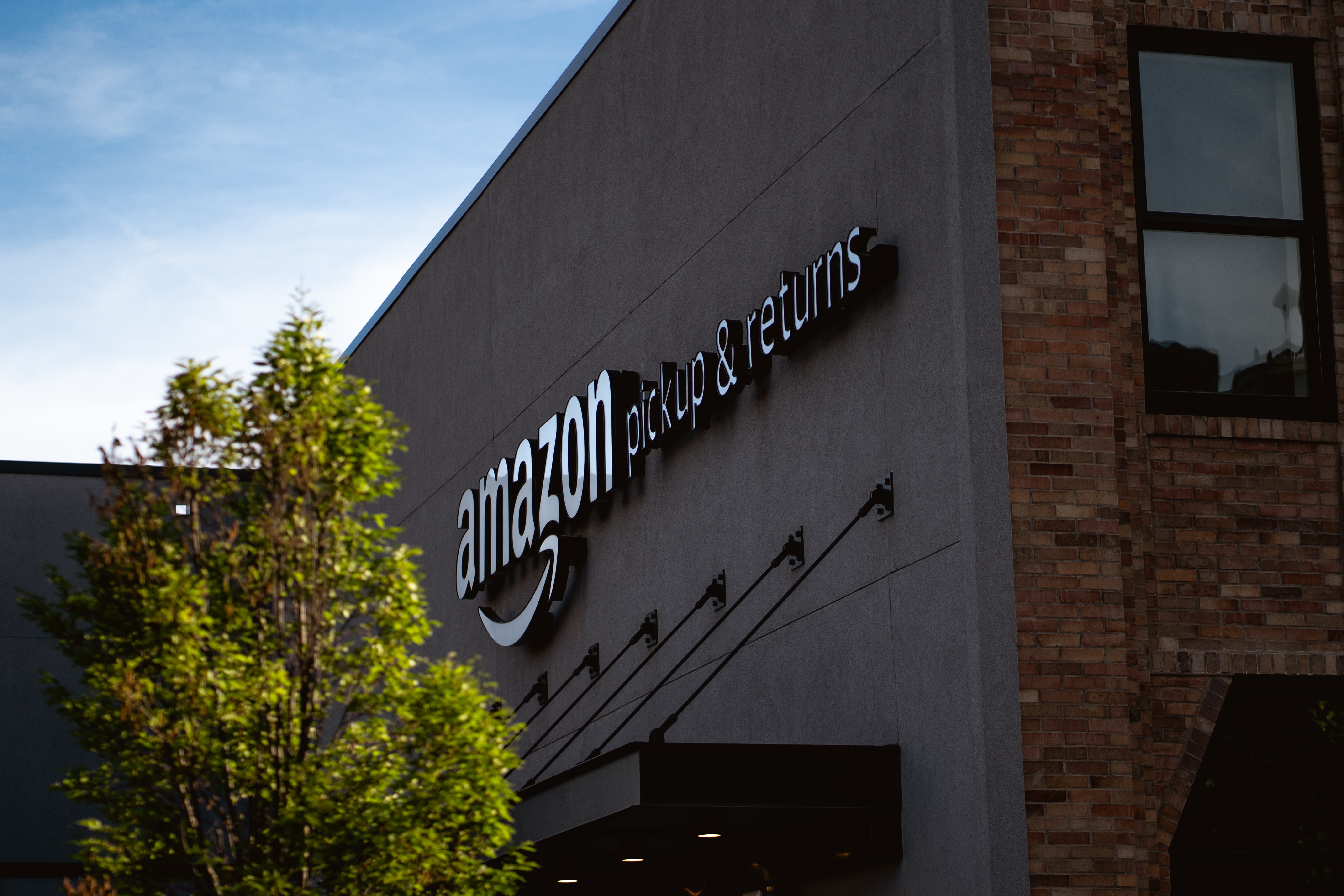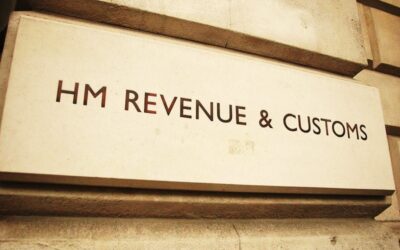Cheap goods, The death of the high street, unparalleled choice and consumer convenience are all things associated with the growth of online shopping. One thing less often talked about is the way in which online marketplaces have facilitated vast amounts of VAT fraud. But despite a recent crackdown, new figures show that HMRC is only managing to recoup about 20% of the amount lost to digital Del Boys.
According to HMRC’s own figures online VAT fraud costs the UK between £1bn and £1.5bn in lost VAT a year. That is more than we estimate corporate tax dodging by Apple, Google, Microsoft, Facebook and Cisco Systems costs the UK.
VAT fraud is a serious issue. VAT is a tax on consumers, so if a company can get out of paying VAT their product instantly appears to be substantially cheaper. This gives fraudsters a sizable advantage over legitimate businesses, causing serious disruption to the lawful economy.
There are a number of ways in which companies can use online platforms to engage in VAT fraud but a key development in recent years has been the way in which online marketplaces make it easier for companies registered overseas to sell into foreign markets.
Today, a company based in China can set up an account on an online marketplace, sell their goods through the marketplace’s website, have their goods stored at the marketplace’s warehouse in the country they are selling into, and have those goods delivered by the marketplace.
Despite all of the physical and logistical infrastructure provided by the marketplace, the duty to collect VAT rests with the seller in China. If that seller chooses not to register for VAT, then it is difficult for HMRC to pursue them on the other side of the world.
To counter this the UK government introduced new legislation in 2016 which in theory allows HMRC to make the marketplace liable for any lost VAT. We say in theory, because a lot has to happen before companies like Amazon have to cough up.
Under the law, HMRC first has to identify non-compliant online sellers. Then the tax agency sends a notice to the online market place where they have an account. The marketplace then has 30 days to remove the seller, or face being landed with their VAT bill.
TaxWatch made a Freedom of Information request to HMRC to see how active they had been in applying this legislation. It appears that HMRC has been very active in finding non-compliant sellers and getting them kicked off the marketplace, but less successful in collecting the missing VAT. Between 2018 and 2019 HMRC identified 4,650 sellers operating on online market places as being non-compliant with the VAT obligations. Since the joint liability legislation was brought in in 2016, HMRC has issued 8,325 notices threatening the marketplaces with joint liability.
In responding to these figures, HMRC told the Mail on Sunday that as a result of the legislation there has been a large increase in VAT registrations from non-EU sellers (up 78,000). HMRC claim that this increase has resulted in £315m being raised in VAT.
HMRC also claim that the notices under the joint liability rules had resulted in £270m in compliance yield. Compliance yield is a somewhat murky figure which HMRC uses to assess the impact of compliance action. The figure includes not just cash collected, but also the future revenue benefit that HMRC estimates they will get when criminals caught and mend their ways.
It all sounds very good. However, when we take into account the fact that HMRC estimates online VAT fraud to be costing between £1-1.5bn a year, a total compliance yield of £585m over three years is a drop in the ocean.
Part of the problem here is that it is so easy to set up shop on an online marketplace that if a non-compliant seller gets found by HMRC it is very easy for them to close down and then re-open the next day with a new account, new name and same products. If they do disappear any VAT they should have claimed is lost, as there is no liability for the marketplace unless they refuse to remove the seller.
In the end, the government is playing a very expensive game of whack-a-mole, when the obvious, simple and clear solution would be to make marketplaces collect the VAT on behalf of sellers. This is the system which has been in place in Germany since the beginning of this year.
After all, the marketplaces already bring those goods to market through their website, store the goods, and deliver the goods all on behalf of sellers. It would hardly be much more to collect VAT on their behalf as well.
This research was featured in the Mail on Sunday.



